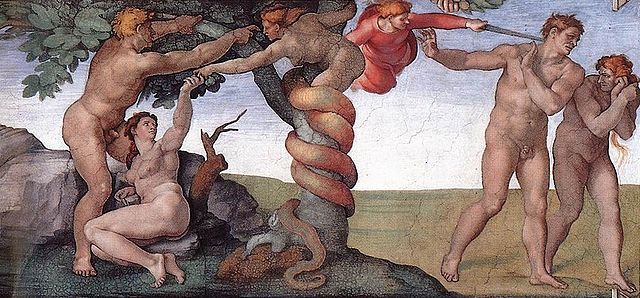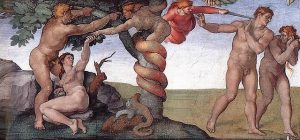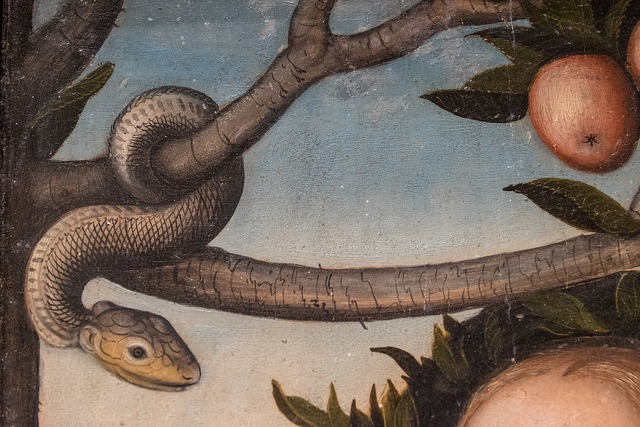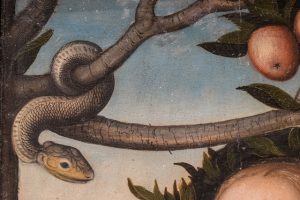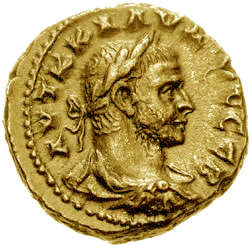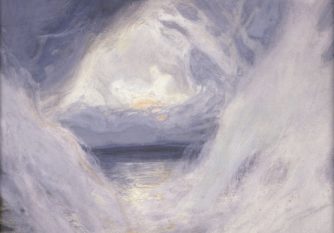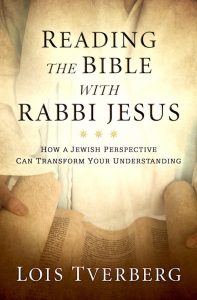by Lois Tverberg
The LORD said to Abram, “Leave your country, your people and your father’s household and go to the land I will show you. “I will make you into a great nation and I will bless you; I will make your name great, and you will be a blessing.
– Genesis 12:1-3
 God chose Abram to begin His great plan to redeem the world. His fame comes from his faith in God, which we will see most strongly when he is asked to sacrifice his son Isaac and willingly does everything God asks until God tells him not to follow through.
God chose Abram to begin His great plan to redeem the world. His fame comes from his faith in God, which we will see most strongly when he is asked to sacrifice his son Isaac and willingly does everything God asks until God tells him not to follow through.
If we read the story of Abram’s call knowing its cultural context, we see his faithfulness even in the beginning of his story. God’s first words to him were to leave his country, his people and his family. In that day, that would have been almost as difficult of a test as the sacrifice of Isaac. In his time, every kind of security that a person had was bound up in their clan and their land. There were no such thing as police, so if a person was robbed or assaulted, the only protection they had was in their clan. Without children, Abram also would have no security in old age that anyone would take care of him. Abram’s extended family would have been his only place to go for help. So God was asking Abram a huge thing in asking him to leave his people, because his identity in that culture, his family, his protection and his future security would all be left behind.
On the other hand, God’s promise to Abram would have meant much more in ancient times than it did today. We think of success as becoming very wealthy, or having power in government. But in Abram’s time success was tied to family– the greatest hope a person could have would be that he or she would become the mother or father of many descendants. By offering to make of him a great nation, God promises him a huge prize in return for th huge risk that he is taking.
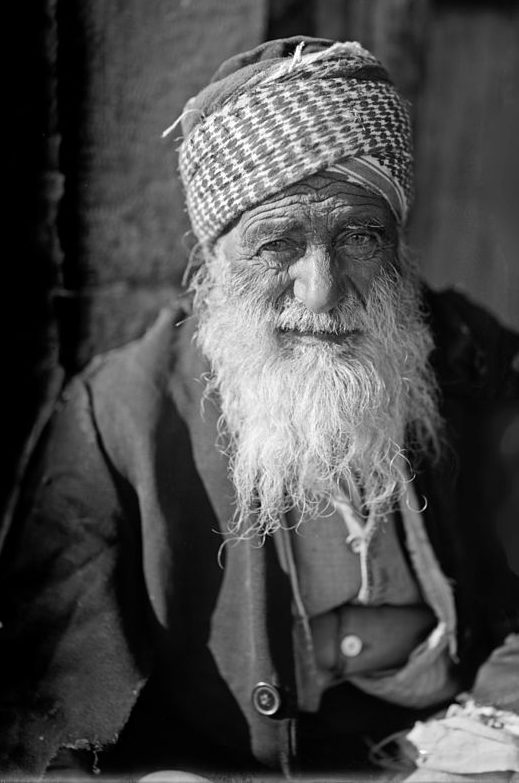 Abraham and Sarai and their little group were taking a huge risk when they left all for the Lord. The fact that they were childless at 75 when they heard the call may have made them wonder if a God who didn’t wouldn’t give them children up until now would do so now. And then 25 more years of childlessness didn’t do anything to make them feel more confident that God would fufill His promises.
Abraham and Sarai and their little group were taking a huge risk when they left all for the Lord. The fact that they were childless at 75 when they heard the call may have made them wonder if a God who didn’t wouldn’t give them children up until now would do so now. And then 25 more years of childlessness didn’t do anything to make them feel more confident that God would fufill His promises.
Through all the doubts, Abram remained faithful. And because of his faithfulness, he is not only father of all the Jews, but all the faithful who come to believe in his descendant, Jesus. Because of his faithfulness, he became the father of a family that numbers more than the sands of the sea.
Photocred: Michael J. Bennett and Movieevery


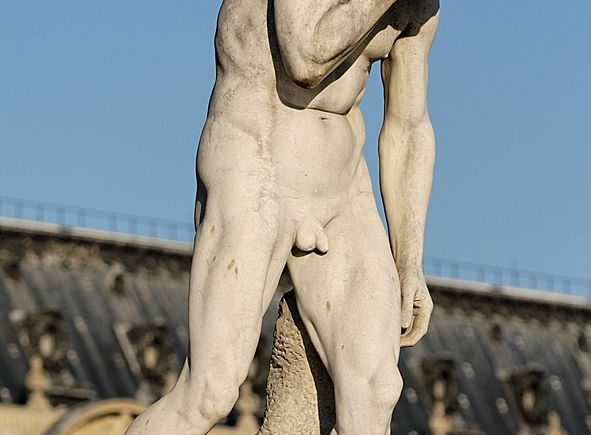
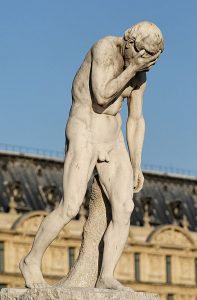
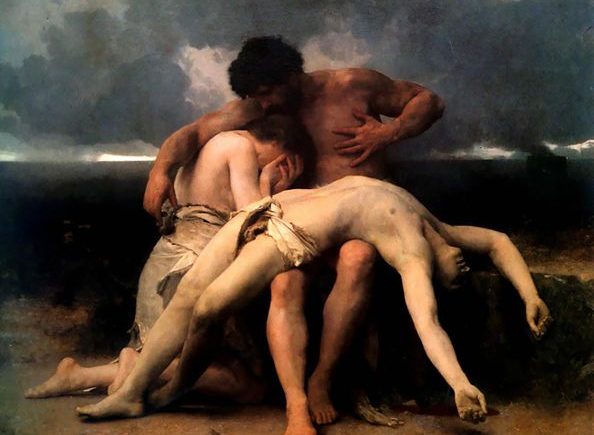
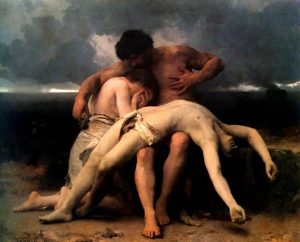


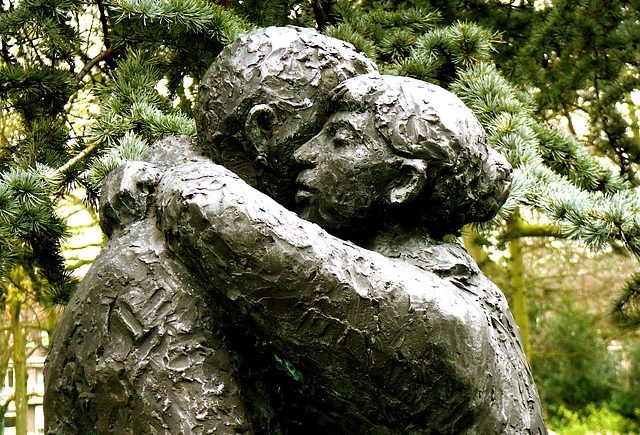
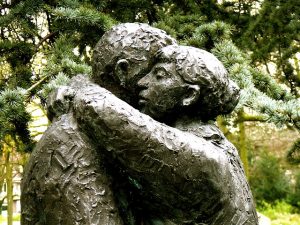 Here we read that Peter asks him how many times we need to forgive – up to seven times? The number seven is symbolic of completeness, hinting that Peter was saying that we should forgive repeatedly and completely. But then Jesus says “up to seventy-seven times,” which we often want to translate as “seventy times seven,” because 490 times is larger than seventy-seven. But the key to understanding is not in the quantity of 77 or 490, but in the fact that the phrase “seventy-seven times” or “seventy-sevenfold” (shiv’im v’shiva or hebdomekontakis hepta) is a unique phrase, found only once in the Hebrew scriptures, in today’s verse from Genesis 4:23.
Here we read that Peter asks him how many times we need to forgive – up to seven times? The number seven is symbolic of completeness, hinting that Peter was saying that we should forgive repeatedly and completely. But then Jesus says “up to seventy-seven times,” which we often want to translate as “seventy times seven,” because 490 times is larger than seventy-seven. But the key to understanding is not in the quantity of 77 or 490, but in the fact that the phrase “seventy-seven times” or “seventy-sevenfold” (shiv’im v’shiva or hebdomekontakis hepta) is a unique phrase, found only once in the Hebrew scriptures, in today’s verse from Genesis 4:23.